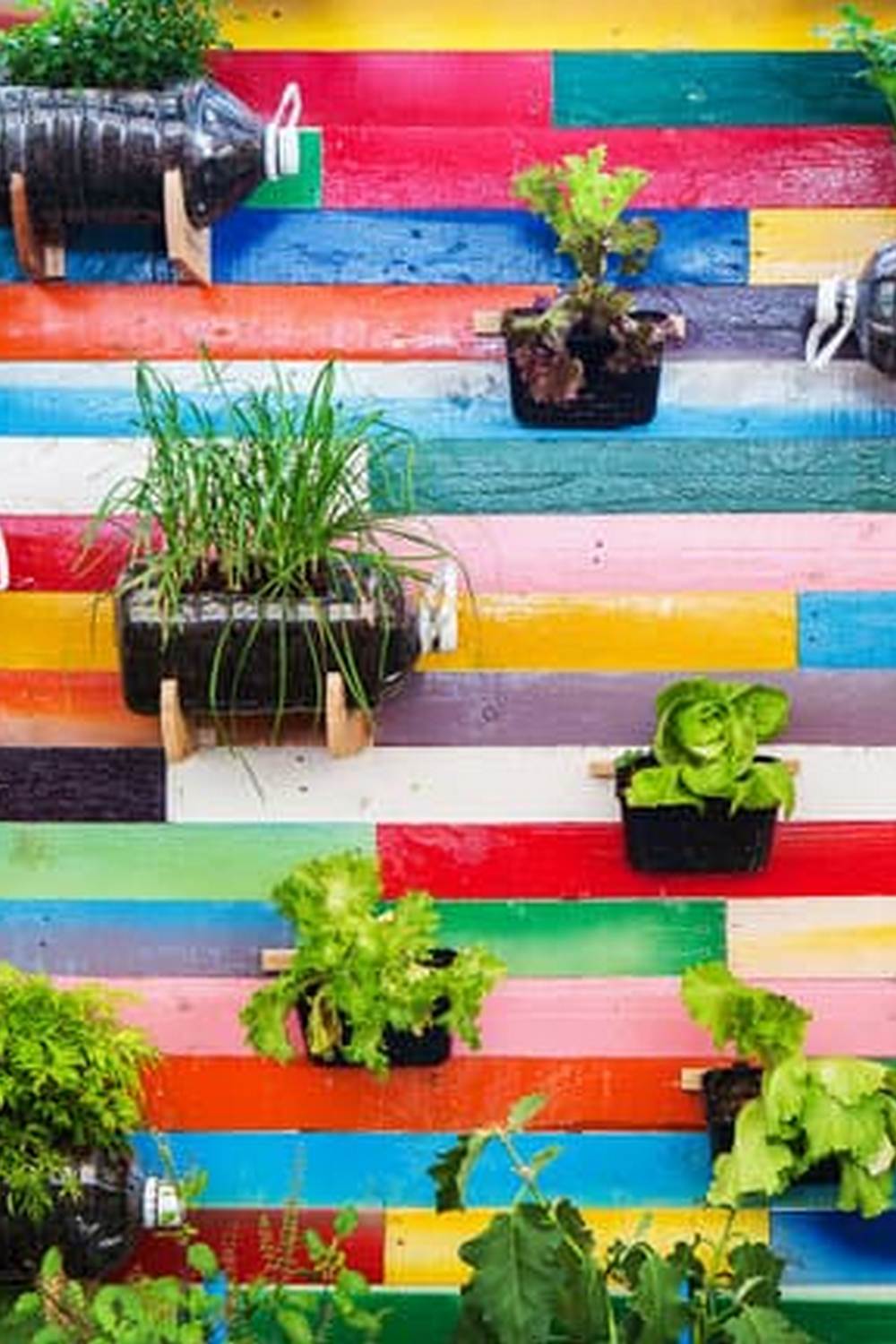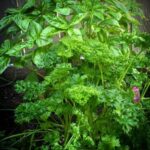Petunias are not only popular for their vibrant blooms and lovely fragrance, but they also offer a range of benefits when grown in vegetable gardens. These colorful flowers can act as companion plants, attracting beneficial insects and pollinators that help improve the overall health of your garden. Additionally, petunias can add aesthetic appeal to the garden while serving practical purposes.
One of the key advantages of incorporating petunias into vegetable gardens is their ability to attract pollinators like bees and butterflies, which play a crucial role in fertilizing plants for successful fruit production. By planting petunias alongside your vegetables, you create a welcoming environment for these essential creatures, ultimately leading to higher yields and healthier crops.
In addition to their pollinator-attracting qualities, petunias also contribute to soil health by promoting biodiversity. Their roots help aerate the soil and can even deter certain pests that may be harmful to vegetables. With the right soil conditions and proper care, petunias can thrive in vegetable gardens, creating a harmonious and visually appealing landscape while benefiting your crops.
Petunias as Companion Plants
Attracting Beneficial Insects
Petunias are not only visually appealing in a vegetable garden, but they also serve a functional purpose by attracting beneficial insects. These include predators like ladybugs and lacewings that can help control common garden pests such as aphids and caterpillars. By planting petunias alongside your vegetables, you can create a natural balance in your garden ecosystem, reducing the need for harmful chemical pesticides.
Pollinator Magnet
In addition to attracting beneficial insects, petunias are also known for their ability to attract pollinators like bees and butterflies. These pollinators play a crucial role in the reproductive process of many vegetable plants, ensuring a bountiful harvest. By incorporating petunias into your vegetable garden, you can help support pollinator populations and increase the likelihood of successful fruiting and yield in your crops.
Companion Planting Benefits
The presence of petunias in a vegetable garden not only enhances its aesthetic appeal but also contributes to the overall health and productivity of the plants. Through their role as companion plants, petunias can help create a more balanced ecosystem by attracting beneficial insects and pollinators.
This symbiotic relationship between petunias and vegetables promotes biodiversity, reduces reliance on harmful chemicals, and ultimately leads to a more sustainable and thriving garden. So consider adding some petunias to your vegetable plot for both beauty and functionality.
Soil Requirements
Well-Drained Soil
To ensure that petunias thrive in a vegetable garden, it is crucial to provide them with well-drained soil. These plants do not tolerate waterlogging well, so it is essential to choose a planting location that allows excess water to drain effectively. Adding organic matter such as compost can help improve the soil structure and drainage capabilities, creating an optimal environment for both petunias and vegetables to flourish.
Neutral pH Levels
Petunias prefer slightly acidic to neutral pH levels in the soil ranging from 6.0 to 7.0. Testing the soil before planting can help determine if any amendments are necessary to adjust the pH levels accordingly. By ensuring that the soil pH is within the ideal range, petunias can uptake essential nutrients more efficiently, promoting healthy growth and vibrant blooms throughout the growing season.
Fertile Soil
In order for petunias to thrive alongside vegetables in a garden setting, it is important to provide fertile soil rich in nutrients. Incorporating a balanced fertilizer or slow-release fertilizer into the soil prior to planting can help supply the necessary nutrients for both petunias and vegetables to grow vigorously. Regular feeding throughout the growing season can further support optimal growth and blooming, ensuring a bountiful harvest of vegetables and beautiful petunias in your garden.
Sunlight and Water Needs
Petunias, known for their vibrant colors and easy-to-care nature, can be a great addition to vegetable gardens not just for their aesthetic appeal but also for their benefits to the overall garden ecosystem. When it comes to sunlight and water needs, petunias thrive in full sun, which means they require at least 6-8 hours of direct sunlight daily to bloom profusely.
In vegetable gardens, this makes them an excellent choice as most vegetables also require ample sunlight for optimal growth.
To ensure that petunias in your vegetable garden receive adequate water without drowning the vegetables or causing root rot, it is important to maintain a consistent watering schedule. Petunias prefer moist but well-drained soil, so aim to water them deeply once a week during dry spells or when the top inch of soil feels dry to the touch.
However, be cautious not to overwater as this can lead to root problems and negatively impact both the petunias and vegetables sharing the garden space.
Incorporating a mulch layer around both petunias and vegetables can help retain soil moisture levels and reduce the frequency of watering. Additionally, regular monitoring of the soil’s moisture content and adjusting watering schedules accordingly can ensure that both plants receive the right amount of hydration they need to thrive harmoniously together. By paying attention to these sunlight and water needs, you can create a flourishing vegetable garden enriched by the presence of colorful petunias.
Pest and Disease Management
Petunias are not only beautiful additions to a vegetable garden but can also serve as natural pest repellents and attract beneficial insects and pollinators. By incorporating petunias into your vegetable garden, you can create a more balanced ecosystem that promotes a healthier overall environment for your plants to thrive. Here are some tips on how to manage pests and diseases that can affect both petunias and vegetables:
- Companion Planting: Planting petunias alongside vegetables like tomatoes, peppers, and squash can help deter common pests such as aphids, spider mites, and thrips.
- Natural Remedies: Utilize natural remedies like neem oil, insecticidal soap, or diatomaceous earth to control pests without harming beneficial insects.
- Crop Rotation: Rotate your crops each season to prevent the buildup of pests and diseases in the soil that could affect both petunias and vegetables.
Additionally, practicing good garden hygiene by regularly removing weeds, debris, and dead plant material can help reduce the risk of pest infestations and diseases. Proper spacing between plants can also improve air circulation and prevent overcrowding that may lead to fungal infections. By implementing these strategies, you can effectively manage pests and diseases in your vegetable garden while enjoying the beauty of petunias.
Remember to monitor your garden regularly for any signs of pest damage or disease development. Early detection can help prevent outbreaks from spreading throughout your vegetable garden. By taking a proactive approach to pest and disease management with the inclusion of petunias as companion plants, you can maintain a thriving and healthy garden all season long.
Best Varieties for Vegetable Gardens
When it comes to choosing the best petunia varieties for companion planting in vegetable gardens, there are a few key options to consider. One popular choice is the ‘Wave’ series of petunias, known for their spreading habit and hardiness.
These petunias can be used as ground cover around vegetable plants, helping to suppress weeds and retain moisture in the soil. Another excellent variety for vegetable gardens is the ‘Supertunia’ series, which offers a wide range of colors and patterns to complement different types of vegetables.
For gardeners looking to attract pollinators and beneficial insects to their vegetable garden, the ‘Shock Wave’ series of petunias is a great option. These compact plants produce an abundance of small flowers that are attractive to bees, butterflies, and other helpful creatures. Additionally, the ‘Cascadia’ series of petunias is well-suited for companion planting with vegetables due to their cascading growth habit, making them ideal for hanging baskets or containers in the garden.
Incorporating petunias into your vegetable garden not only adds beauty and color but also helps create a more balanced ecosystem. By selecting the right varieties that complement your vegetables and attract beneficial insects, you can enjoy a thriving garden with increased crop yields and overall health. With proper care and attention to soil conditions, sunlight exposure, and watering needs, petunias can be a valuable addition to any vegetable garden.
Planting and Maintenance Tips
Planting and maintaining petunias in a vegetable garden requires attention to detail but can greatly benefit the overall health and productivity of your garden. When beginning the planting process, it is essential to choose a location that receives at least 6 hours of sunlight daily as petunias thrive in full sun. Ensure the soil is well-draining and has been enriched with organic matter to provide essential nutrients for both the petunias and vegetables.
When planting petunias alongside vegetables, make sure to space them adequately to allow for proper airflow and minimize competition for resources. Dig a hole slightly larger than the root ball of the petunia plant, gently place it in the hole, backfill with soil, and water thoroughly. Mulching around the base of the plants can help retain moisture, suppress weeds, and maintain even soil temperature.
To care for petunias throughout the growing season, regular watering is crucial, especially during hot summer months. Check the moisture level by sticking your finger into the soil – if it feels dry, it’s time to water. Deadhead faded flowers regularly to encourage new blooms and prevent seed production. Fertilize petunias every few weeks with a balanced fertilizer to support healthy growth.
| Benefit | Details |
|---|---|
| Full Sunlight Requirement | Petunias need at least 6 hours of sunlight daily to thrive |
| Proper Spacing | Ensure adequate spacing for good airflow and minimal resource competition |
| Mulching | Applying mulch helps retain moisture and suppresses weeds around petunias |
By following these planting and maintenance tips for petunias in your vegetable garden, you’ll not only enhance the aesthetic appeal but also promote a healthy ecosystem that attracts beneficial insects like bees and butterflies. With proper care, your petunias will bloom vibrantly alongside your vegetables throughout the growing season, providing beauty and functionality to your garden space.
Harvesting and Succession Planting
Petunias are not only a delightful addition to vegetable gardens for their vibrant colors and cheerful blooms but also for the numerous benefits they bring to the overall health and productivity of the garden. As companion plants, petunias play a crucial role in attracting beneficial insects and pollinators, ultimately aiding in the overall success of vegetable crops. Their ability to attract these helpful creatures can lead to increased yields and healthier plants throughout the growing season.
When it comes to harvesting petunias, timing is key. To ensure continuous blooms and maintain a visually appealing garden, it is important to deadhead fading flowers regularly. By removing spent blooms, you encourage the plant to produce more flowers, resulting in a longer blooming period.
Additionally, incorporating succession planting techniques can further extend the beauty and benefits of petunias in your vegetable garden. By planting new varieties as older ones begin to fade, you can enjoy a constant display of color and support for your vegetable crops.
In conclusion, adding petunias to your vegetable garden is a decision that brings both aesthetic appeal and practical benefits. With proper care, including attention to soil requirements, sunlight exposure, watering schedules, and pest management techniques, petunias can thrive alongside your vegetables. The variety of petunias available also allows for flexibility in choosing plants that best complement your garden layout.
So why not consider including these versatile flowers in your vegetable garden this season? Remember: Petunias are not just pretty faces; they can be a valuable asset in promoting a healthy and productive garden environment.
Frequently Asked Questions
Are Petunias a Good Companion Plant for Tomatoes?
Petunias can be a good companion plant for tomatoes in the garden. They help repel certain pests that can harm tomato plants, such as aphids and hornworms. Additionally, petunias can attract beneficial insects like pollinators, which can benefit both tomatoes and other vegetables in the garden.
What Flowers Are Best for Vegetable Garden?
When it comes to choosing flowers for a vegetable garden, marigolds are a popular choice due to their ability to repel pests like aphids and nematodes. Sunflowers can also be beneficial as they attract pollinators and provide shade for certain vegetable plants. Additionally, nasturtiums are great for deterring pests like beetles and whiteflies.
What Are the Benefits of Petunias in the Garden?
Petunias offer several benefits when grown in the garden. Apart from adding beauty with their vibrant colors and cheerful blooms, they can help deter pests like aphids, hornworms, and squash bugs.
Furthermore, petunias attract pollinators such as bees and butterflies, which is essential for ensuring good fruit set in vegetable plants. Their versatility makes them a valuable addition to any garden setting.

If you’re looking to get into vegetable gardening, or are just looking for some tips on how to make your current garden better, then you’ve come to the right place! My name is Ethel and I have been gardening for years. In this blog, I’m going to share with you some of my best tips on how to create a successful vegetable garden.





